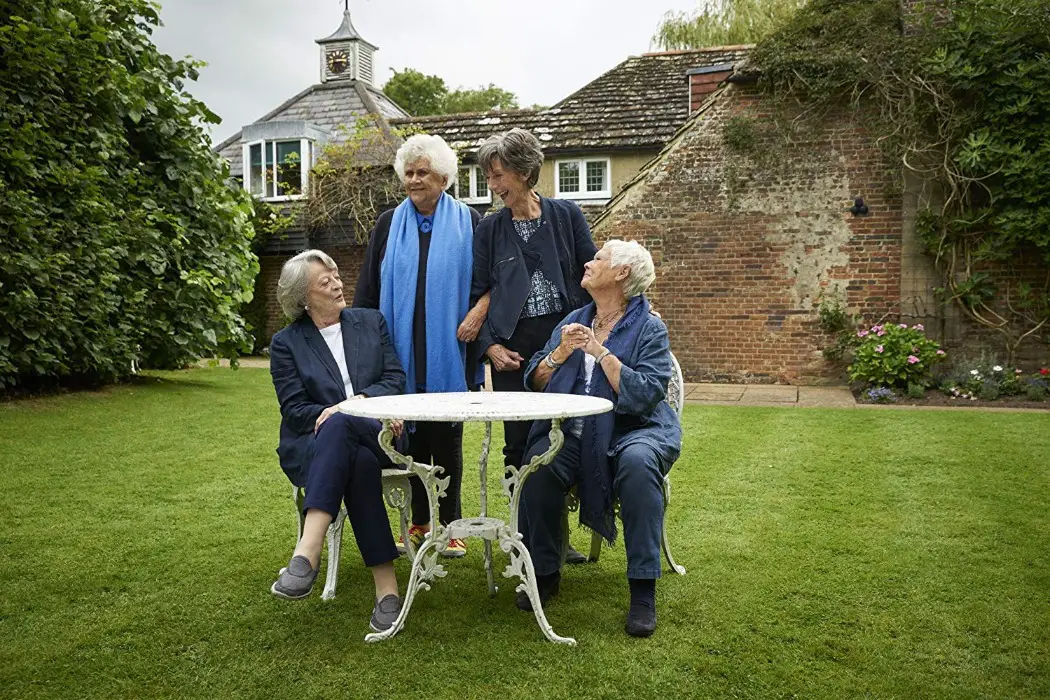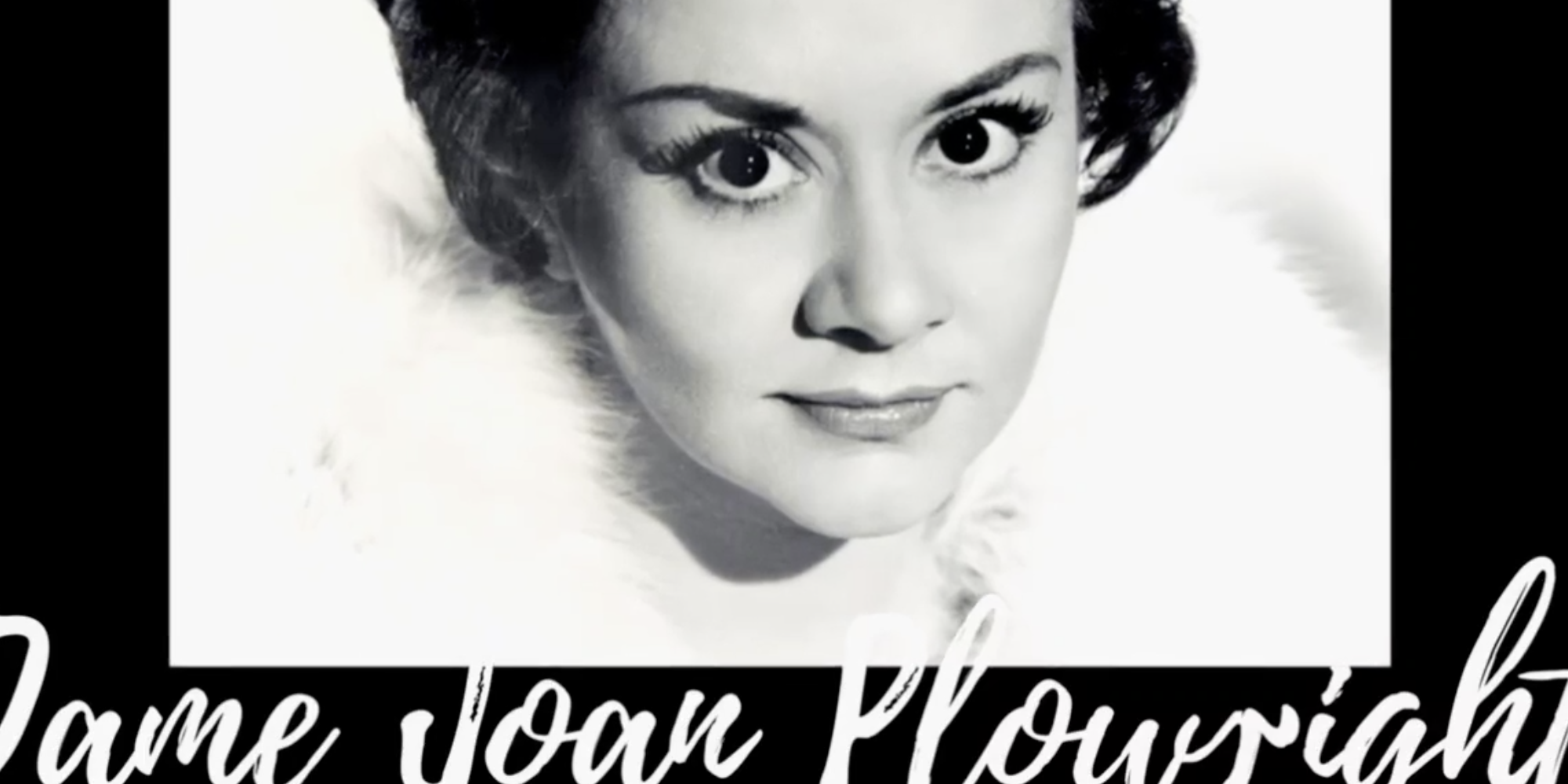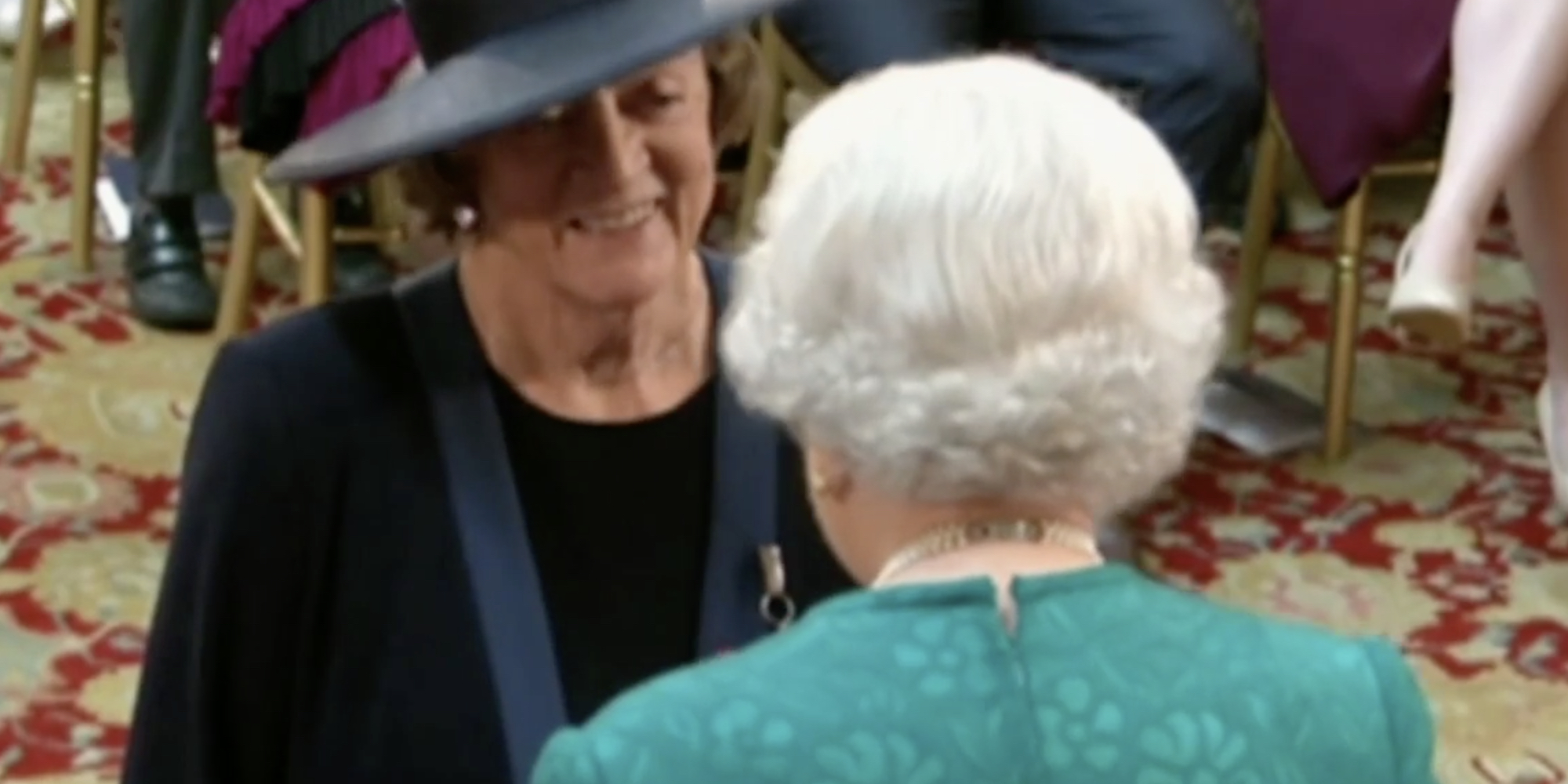TEA WITH THE DAMES: Who Would Turn Down Tea With Atkins, Dench, Smith & Plowright?

Frank H. Wu is William L. Prosser Distinguished Professor at…
Tea With The Dames is a lovely documentary for a specialized audience. Anyone who knows anything about movies or live theatre, provided that encompasses especially English drama prior to the revolutionary year of 1968, will enjoy it, laughing with the four famous thespians who reminisce about their careers on screen and stage. In alphabetical order, Eileen Atkins, Judi Dench, Joan Plowright, and Maggie Smith, hang out, as they apparently do in fact, while the cameras roll. With ample footage and stills from their glory days which have not ended, they share both memories and complaints about memory loss.
Even those who know only Dench as M, the boss to Daniel Craig’s James Bond, or Smith as Professor Minerva McGonagall in the Harry Potter franchise might be entertained by a behind-the-scenes peek at these stars. They gather at the house Plowright owned with Sir Laurence Olivier in the English countryside, on what must have been more than one summer day. They are just so doubtlessly friends even if they might have been once rivals. They have succeeded in an art most don’t even survive.
Each of them has continued working over an impressive duration. Atkins can be seen on the Doc Martin television series. Plowright was associated with the National Theatre in England, and she was on Broadway in 1958 in a double bill of Eugene Ionesco absurdist plays. Her movie credits include 101 Dalmatians, Dennis the Menace, and the Last Action Hero. She had to curtail her activities because of macular degeneration.
Judi Dench Wasn’t Always the Queen?
Yet those who know the names may not recall as vividly as these performers that in their day they were what would be called “lookers:” Dench was famously bare bottomed in a movie of Midsummer Night’s Dream. She is asked about her “tits” as they squint at vintage pictures of early roles scarcely believing they are perceiving themselves a half century earlier. Atkins explains how she was described as not conventionally pretty, but nonetheless sexy. That comment, she confides, kept her going. She also has an anecdote about her early education and the unintentionally risque reference of the school founders’ initials on the uniforms.

Throughout Tea With The Dames, there is no mention of contemporary controversies about gender in the industry. Men being absent from this movie, except a cameo by Olivier, enhances the easy mood of this affair — it is somehow different for females among themselves to have this casual conversation about their anatomies; it isn’t about appealing to men leering. Olivier’s turn as Othello (his skin made up in unhealthy viridescence), however, does raise the issue of race and representation. Smith recalls her debut playing a Chinese boy.
The discussion is by turns serious and comic. The quartet talk about, for example, naturalism and whether it is true to the term, or if every generation simply has its own version of what appears authentic. Aging is a recurring theme. Their investitures as dames are shown to confirm their contributions to society.
What Can We Learn from the Best Actors?
What is remarkable is the longevity of these four. They themselves comment on it, and their irritation about the need for hearing aids is not edited out. Hollywood has been unkind to their American peers, even those a generation younger. Whether it is their training, classical and emphasizing a career treading the boards, or the more modest stature of fame on the other side of “the pond,” these four continued over the years without pause.
Their more contemporary credits include: Atkins in Paddington 2; Dench in the forthcoming Artemis Fowl; Plowright in Curious George; Smith on Downton Abbey in addition to the Harry Potter franchise. Her pals poke fun at Dench for her success portraying queens and monopolizing the market they wish to compete in — outtakes have the other three mocking her title and name, as if warming up.

So for fans of BBC period drama, this will be a great hour and a half of relaxing as if you had been invited over for tea at the Plowright-Olivier manor, as a polite observer. There are no concessions to the uninitiated. A perfect allusion to Kim Philby is not given detailed background. (He was the British double agent who defected to the Soviet Union during the Cold War, after denying he was a member of the “Cambridge Five” spies. The dames admire his acting skill concealing his espionage.)
They conclude with advice for their younger selves: mindfulness, yoga, better tempers, listening, when in doubt don’t, and try to be less susceptible to falling in love — the last bit of counsel provokes discussion. Although they touch upon their fear of loneliness, Tea With The Dames is bright because of the greatness of their camaraderie.
How have some actors shown such durability, especially in the face of ageism and sexism of the industry? What are your favorite performances of these four dames?
Tea with the Dames was released as Nothing Like a Dame in the United Kingdom on May 2, 2018, and it is released under its new title in the United States on September 21, 2018.
Does content like this matter to you?
Become a Member and support film journalism. Unlock access to all of Film Inquiry`s great articles. Join a community of like-minded readers who are passionate about cinema - get access to our private members Network, give back to independent filmmakers, and more.
Frank H. Wu is William L. Prosser Distinguished Professor at University of California Hastings College of the Law, where he has taught on film and law; he previously served as Chancellor & Dean at the institution. He has been published everywhere from the New York Times and Washington Post to the Chronicle of Higher Education and National Law Journal to Huffington Post, and he writes regularly about photography for 35mmc. He is a fan especially of 1970s paranoid thrillers.













